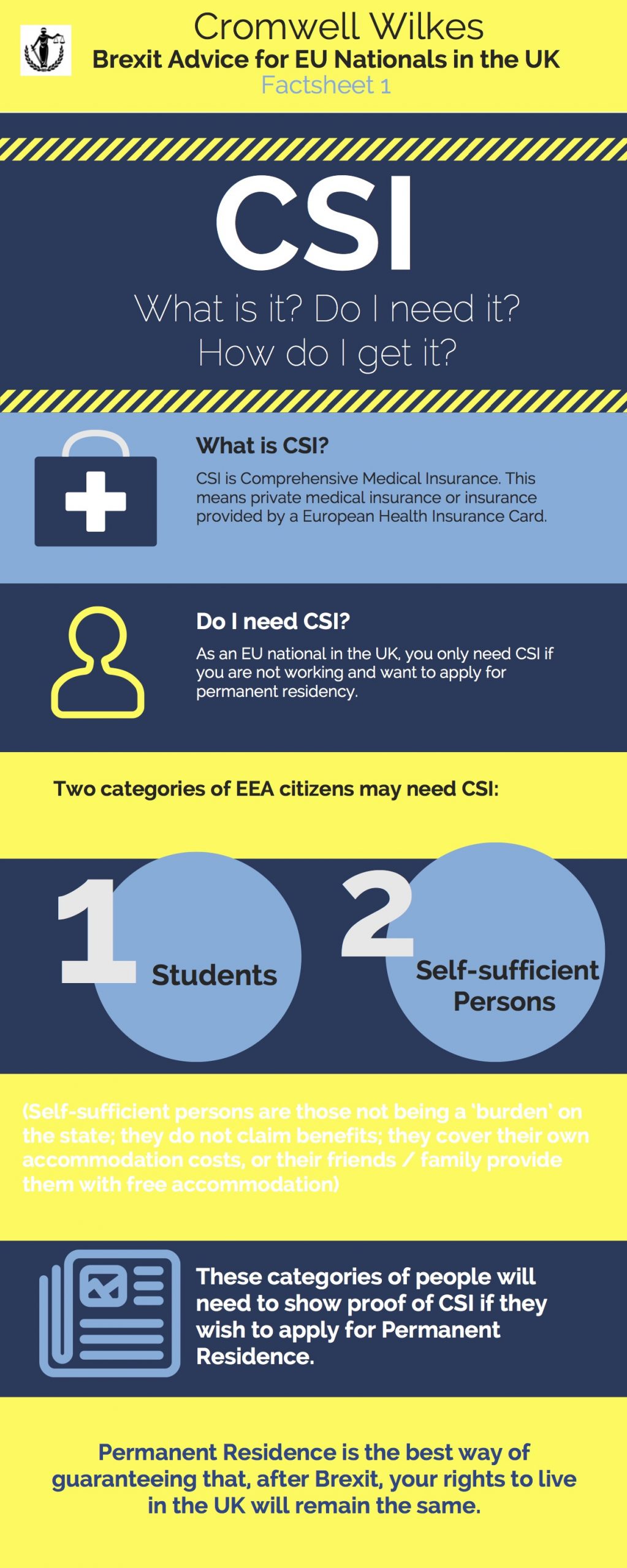 Brexit advice for EU nationals in the EU
Brexit advice for EU nationals in the EU
As the UK and the other 26 member states of the EU finally sit down to negotiate the terms upon which the UK will leave the bloc, it seems there is no end to the uncertainty facing the three million EU citizens currently living here.
What will happen to the rights of this three million? Will they be able to stay? Will their children be able to continue their lives here? Will they be able to keep their jobs? It is a desperately precarious situation for those awaiting reassurances from the UK government, which so far have been unforthcoming. A ‘legal limbo’ is how some commentators have described their fix; ‘we are not bargaining chips’ (#notbargainingchips), say concerned EU citizens.
To make things worse, the lack of information is being compounded by a significant amount of misinformation. Reports of employers not hiring EU nationals on the basis of Brexit have arisen, although as the UK remains currently an EU member, this is utterly unlawful. In February, a huge wave of concern emerged around Comprehensive Sickness Insurance (CSI), which some EU citizens will need to show proof of in order to acquire permanent residency: ‘Reading through the briefing document this morning was a huge shock. I have no CSI, so the Home Office would consider me not to have a right of residence,‘ said one concerned EU citizen. Many said they had no idea of this requirement.
Fact is, we just don’t know how EU nationals will be affected. Many EU citizens, concerned about their future in the UK, have decided to leave. But those who have been here for five years can apply for permanent residency. On the face of it, this appears to be the best way to ensure an EU citizen will be able to stay in the UK after Brexit, however the negotiations pan out.
Hundreds of thousands of EU citizens are doing just this. Yet the Home Office in April advised against making permanent residency applications, asking them to sign up for email alerts instead that will advise if any action is required on their part. This may have something to do with the system for processing these applications, as David Davis has stated, being ‘not designed to cope’ with the ‘flood’ of applications made since the Referendum.
Yet this doesn’t seem to be convincing EU nationals permanent residency isn’t something vital to obtain. The process is difficult and guidance is of little help. Applications are made online, yet applicants report ill-functioning web pages, even having to tick statements that are untrue in order to be able to proceed to the next page. It runs to an exhausting 85 pages (by comparison, the German equivalent is a modest four pages in length). Most will have to provide a veritable catalogue of evidence, including P60s, payslips, utility bills and diaries of any time spent outside the UK.
From this week, my law firm (Cromwell Wilkes) is producing free guides aimed at providing a good, practical understanding of the issues most EU citizens are asking about: for example, What is CSI? Do I need it? How do I get it?, How difficult is it to apply for permanent residency?‘ and ‘Can I get a mortgage as an EU national now Brexit is happening?. We took these questions directly from the forums of EU citizen communities, hoping to provide most impact by addressing the need exactly as expressed by those who need it most.
We chose to format these guides as infographics – easy to digest and attractive to share on social media. We made a conscious effort to avoid ‘legalese’, explaining complicated legal terms in plain English. Some fantastic other practitioners are providing information for EU citizens in the UK, but we identified a clear gap for highly simplified how-tos, comprehensible to everyone, including those whose English is basic.
To receive all the pdf guides, follow us on our blog, on twitter or facebook. We would appreciate your help in sharing these widely. And let us know if there’s something you think we should cover! These guides will only be valuable as long as we’re providing the advice people really need.






